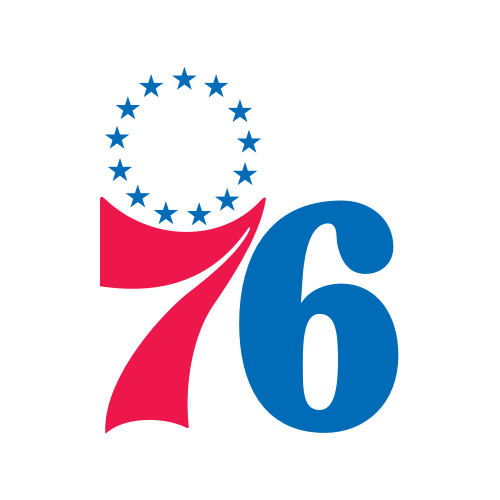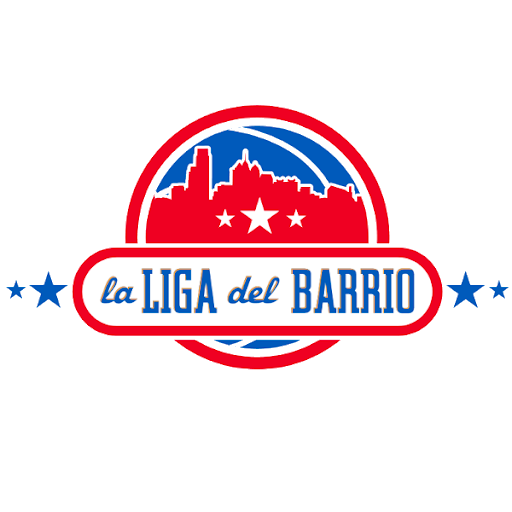About Us
La Liga del Barrio (LLDB) was founded in January of 2000 as a program of the Philadelphia Sixers. LLDB Neighborhood league was founded in January 2000 and it evolved out of phone call Councilman Ortiz received from then Sixers GM Pat Croce who said “Angel, I’m sitting here watching the Puerto RIcan Day parade and I didn’t know there were so many Puerto RIcans in Philadelphia! What can we (Sixers) do to help your community?” Councilman Ortiz replied “we need a basketball league for our kids to keep them off the corners!” Councilman Ortiz, led by Raymond Alvarez, Juan “Johnny” Santiago, Israel Rolon, Israel Colon and Marilyn Martinez-Perez with a representative body of Latino sports enthusiasts and educators created La Liga. Both the Sixers and Ortiz shared a vision of using basketball and sports as a means to engage young people from the inner city in organized after-school activity.

Located in the Heart of Philadelphia’s Latino Community
La Liga’s fundamental purpose is to promote educational achievement, discipline, and inclusion for all religious denominations, peer group socialization, and collaboration. More overtly, it seeks to help in the development of basketball skills, the physical and mental preparation the sport demands and the basic enjoyment of a great sport. The fact that the 76ers sponsored LLDB since its inception presented a unique opportunity for Latino youth to appreciate the dynamic and animated tradition of the 76er’s professional franchise. LLDB looks forward to receiving the same support from any foundations or individual donors that want to advance Liga’s mission.
The Latino community continues to be the fastest growing and youngest sector of our city’s population. The Latino community, however, has faced serious adverse social and economic conditions with the recent rise in gun violence in the city of Philadelphia. As a result, the recent increase in youth crime across the city and the disproportionately high poverty and educational dropout rates are among the challenges these young people face in our city. Despite this, Latinos have been making progress. Labor participation rates have increased and educational achievement levels have experienced steady improvements. But as most studies will indicate, a lack of after school programming and recreational activity has left a generation of young people open to the adverse temptations posed by the culture of some of our most poverty-stricken inner-city streets. Organized sports, complemented by alternative educational programming have proven to be an effective response in filling this vacuum. For Latinos in particular, sports are not simply a pastime – it is an integral part of our heritage. It represents a unique venue that promotes healthy competition, mutual respect and teamwork.
